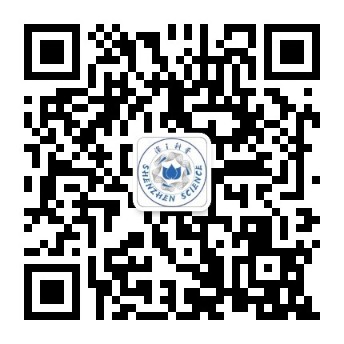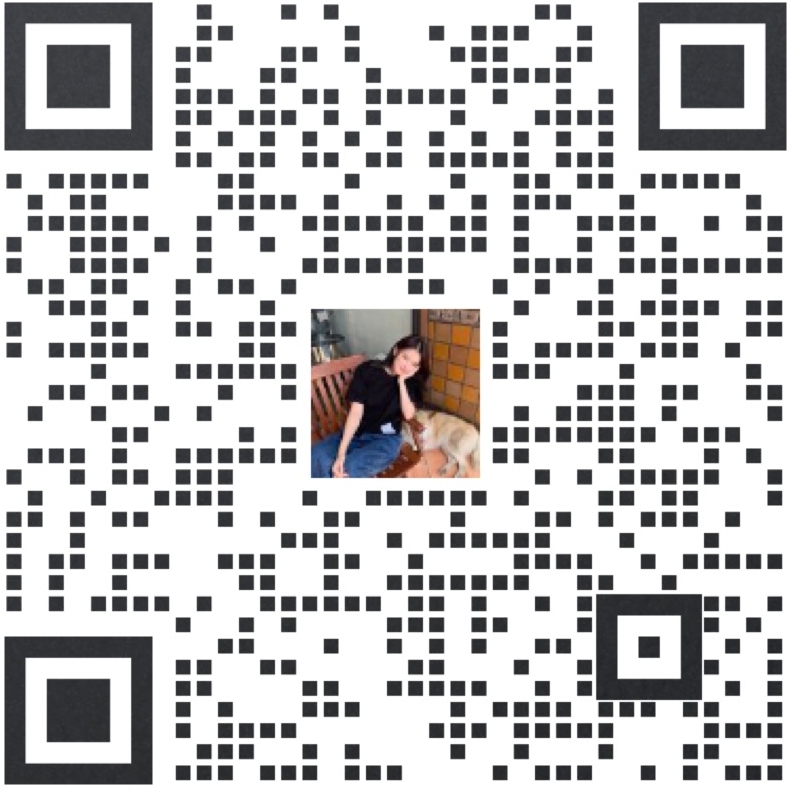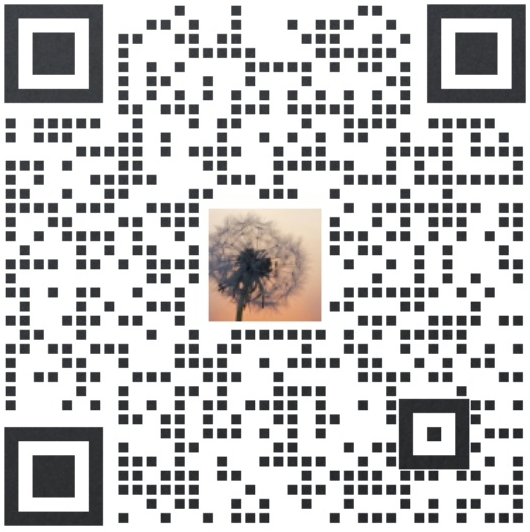音频科普:两厢情愿的拥抱可以缓解压力
音频科普:两厢情愿的拥抱可以缓解压力
People who had a conflict in a given day but also got hugged were not as affected by the negative interaction as were their unhugged counterparts. 同样是经历了争吵的人,如果在当天收到一个拥抱,受到消极影响的程度就会比那些没有收到拥抱的的人更轻。
撰文\播音:露西•黄(Lucy Huang)
翻译:陈美娟
审校:许楠
When a friend comes to you after a stressful day, how do you comfort them? Do you let them rant? Do you pour them a glass of wine? Those could work. But a new study finds that a very effective technique is also simple and easy.
如果你朋友受了一天的打击之后过来找你,你会怎么安慰他们?让他们骂出来?还是给他们倒一杯红酒呢?这都挺有用的。但有一项新研究发现,只需一个简单的小技巧就足够了。
“Hugging.”
那就是“拥抱”。
Michael Murphy is a psychology post-doc at Carnegie Mellon University in Pittsburgh. He wanted to know if people who received hugs regularly could handle stress and conflict better.
迈克尔•墨菲(Michael Murphy)是来自匹斯堡卡耐基梅隆大学(Carnegie Mellon University)的一名心理学博士后。他想知道,定期接受拥抱的人们是否能更好应对压力和冲突。
“Individuals who report perceiving the availability of a network of supportive individuals tend to show better adaptation when faced with stress.”
“能感知到来自社交网络中可依靠者的支持的人,在面临压力的时候会表现出更强的适应力。”
But just because you have a support network does not mean that you definitely feel that support.
但是,有支持你的人际网并不意味着能完全感到被支持。
“So some researchers have argued that many of the behaviors we use to support others who are stressed might actually be counterproductive because these behaviors might unintentionally communicate to others that they're not competent to manage stress.”
“因此,有些研究者指出,别人有压力的时候,我们的很多支持行为反而起了反作用,因为这些行为可能在无意中告诉对方:他们没法管理压力。”
Murphy and his team interviewed 404 men and women every evening for two weeks.
墨菲与他的团队用了两周的时间,在每天夜晚进行采访,共采访了404名男性和女性。
“During these interviews, the participants were asked a simple yes or no question—whether somebody had hugged them that day—and a simple yes or no question of whether they had experienced conflict or tension with somebody that day. They also were asked questions about their social interactions—how many social interactions they had that day—and responded to questions about negative and positive mood states.”
“在采访的过程中,我们向受访人员提问了简单的是与否问题——今天有没有人给你拥抱、今天是否有争吵或感受到压力。他们还被问及社交互动的问题,如今天进行了多少次社交活动,另外还有与积极或者消极的情绪有关的问题。”
And the researchers found that individuals who experienced a conflict were not as negatively affected if they received a hug that day as were participants who experienced conflict and didn’t get a hug. Murphy and his team also saw that people who received a hug didn’t carry the negative effect to the next day, while those who did not receive a hug would. The findings are in the journal PLOS ONE. [Michael L. M. Murphy, Denise Janicki-Deverts and Sheldon Cohen, Receiving a hug is associated with the attenuation of negative mood that occurs on days with interpersonal conflict]
研究者发现,同样是经历了争吵的人,如果在当天收到一个拥抱,受到消极影响的程度就会比那些没有收到拥抱的的人更轻。墨菲与他的团队还观察到,收到拥抱的人不会把消极情绪带到第二天,而那些没有被拥抱的则会影响到第二天的情绪。研究发现刊登在《公共科学图书馆·综合》(PLOS ONE)期刊上。
Murphy does include this caveat: “So our findings should not be taken as evidence that people should just start hugging anyone and everyone who seems distressed. A hug from one boss at work or a stranger on the street—that could be viewed as neither consensual or positive.”
墨菲事先声明道:“这个发现不能成为‘人们应该拥抱每个看起来痛苦的人’这个结论的证据。一个来自上司或者大街上陌生人的拥抱,既不两厢情愿,也没有减压效果。”
The idea is to relieve stress. Not add to it.
这个想法应当是用来缓解压力的。而不是加重压力的。
关注【深圳科普】微信公众号,在对话框:
回复【最新活动】,了解近期科普活动
回复【科普行】,了解最新深圳科普行活动
回复【研学营】,了解最新科普研学营
回复【科普课堂】,了解最新科普课堂
回复【科普书籍】,了解最新科普书籍
回复【团体定制】,了解最新团体定制活动
回复【科普基地】,了解深圳科普基地详情
回复【观鸟知识】,学习观鸟相关科普知识
回复【博物学院】,了解更多博物学院活动详情
People who had a conflict in a given day but also got hugged were not as affected by the negative interaction as were their unhugged counterparts. 同样是经历了争吵的人,如果在当天收到一个拥抱,受到消极影响的程度就会比那些没有收到拥抱的的人更轻。
撰文\播音:露西•黄(Lucy Huang)
翻译:陈美娟
审校:许楠
When a friend comes to you after a stressful day, how do you comfort them? Do you let them rant? Do you pour them a glass of wine? Those could work. But a new study finds that a very effective technique is also simple and easy.
如果你朋友受了一天的打击之后过来找你,你会怎么安慰他们?让他们骂出来?还是给他们倒一杯红酒呢?这都挺有用的。但有一项新研究发现,只需一个简单的小技巧就足够了。
“Hugging.”
那就是“拥抱”。
Michael Murphy is a psychology post-doc at Carnegie Mellon University in Pittsburgh. He wanted to know if people who received hugs regularly could handle stress and conflict better.
迈克尔•墨菲(Michael Murphy)是来自匹斯堡卡耐基梅隆大学(Carnegie Mellon University)的一名心理学博士后。他想知道,定期接受拥抱的人们是否能更好应对压力和冲突。
“Individuals who report perceiving the availability of a network of supportive individuals tend to show better adaptation when faced with stress.”
“能感知到来自社交网络中可依靠者的支持的人,在面临压力的时候会表现出更强的适应力。”
But just because you have a support network does not mean that you definitely feel that support.
但是,有支持你的人际网并不意味着能完全感到被支持。
“So some researchers have argued that many of the behaviors we use to support others who are stressed might actually be counterproductive because these behaviors might unintentionally communicate to others that they're not competent to manage stress.”
“因此,有些研究者指出,别人有压力的时候,我们的很多支持行为反而起了反作用,因为这些行为可能在无意中告诉对方:他们没法管理压力。”
Murphy and his team interviewed 404 men and women every evening for two weeks.
墨菲与他的团队用了两周的时间,在每天夜晚进行采访,共采访了404名男性和女性。
“During these interviews, the participants were asked a simple yes or no question—whether somebody had hugged them that day—and a simple yes or no question of whether they had experienced conflict or tension with somebody that day. They also were asked questions about their social interactions—how many social interactions they had that day—and responded to questions about negative and positive mood states.”
“在采访的过程中,我们向受访人员提问了简单的是与否问题——今天有没有人给你拥抱、今天是否有争吵或感受到压力。他们还被问及社交互动的问题,如今天进行了多少次社交活动,另外还有与积极或者消极的情绪有关的问题。”
And the researchers found that individuals who experienced a conflict were not as negatively affected if they received a hug that day as were participants who experienced conflict and didn’t get a hug. Murphy and his team also saw that people who received a hug didn’t carry the negative effect to the next day, while those who did not receive a hug would. The findings are in the journal PLOS ONE. [Michael L. M. Murphy, Denise Janicki-Deverts and Sheldon Cohen, Receiving a hug is associated with the attenuation of negative mood that occurs on days with interpersonal conflict]
研究者发现,同样是经历了争吵的人,如果在当天收到一个拥抱,受到消极影响的程度就会比那些没有收到拥抱的的人更轻。墨菲与他的团队还观察到,收到拥抱的人不会把消极情绪带到第二天,而那些没有被拥抱的则会影响到第二天的情绪。研究发现刊登在《公共科学图书馆·综合》(PLOS ONE)期刊上。
Murphy does include this caveat: “So our findings should not be taken as evidence that people should just start hugging anyone and everyone who seems distressed. A hug from one boss at work or a stranger on the street—that could be viewed as neither consensual or positive.”
墨菲事先声明道:“这个发现不能成为‘人们应该拥抱每个看起来痛苦的人’这个结论的证据。一个来自上司或者大街上陌生人的拥抱,既不两厢情愿,也没有减压效果。”
The idea is to relieve stress. Not add to it.
这个想法应当是用来缓解压力的。而不是加重压力的。
关注【深圳科普】微信公众号,在对话框:
回复【最新活动】,了解近期科普活动
回复【科普行】,了解最新深圳科普行活动
回复【研学营】,了解最新科普研学营
回复【科普课堂】,了解最新科普课堂
回复【科普书籍】,了解最新科普书籍
回复【团体定制】,了解最新团体定制活动
回复【科普基地】,了解深圳科普基地详情
回复【观鸟知识】,学习观鸟相关科普知识
回复【博物学院】,了解更多博物学院活动详情

做科普,我们是认真的!
扫描关注深i科普公众号
加入科普活动群

- 参加最新科普活动
- 认识科普小朋友
- 成为科学小记者
上一篇:音频科普:信息帮助约会
 会员登录
会员登录
















 深圳市龙华区玉翠社区高坳新村小广场
深圳市龙华区玉翠社区高坳新村小广场







